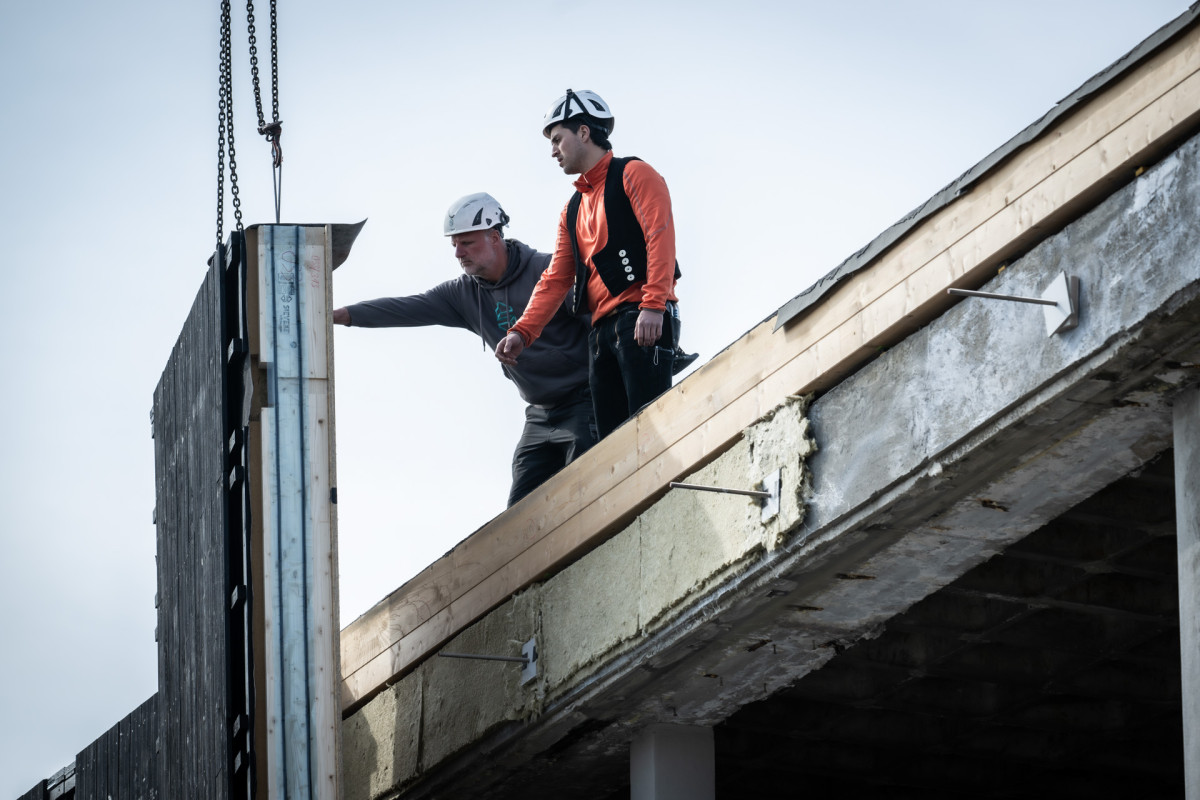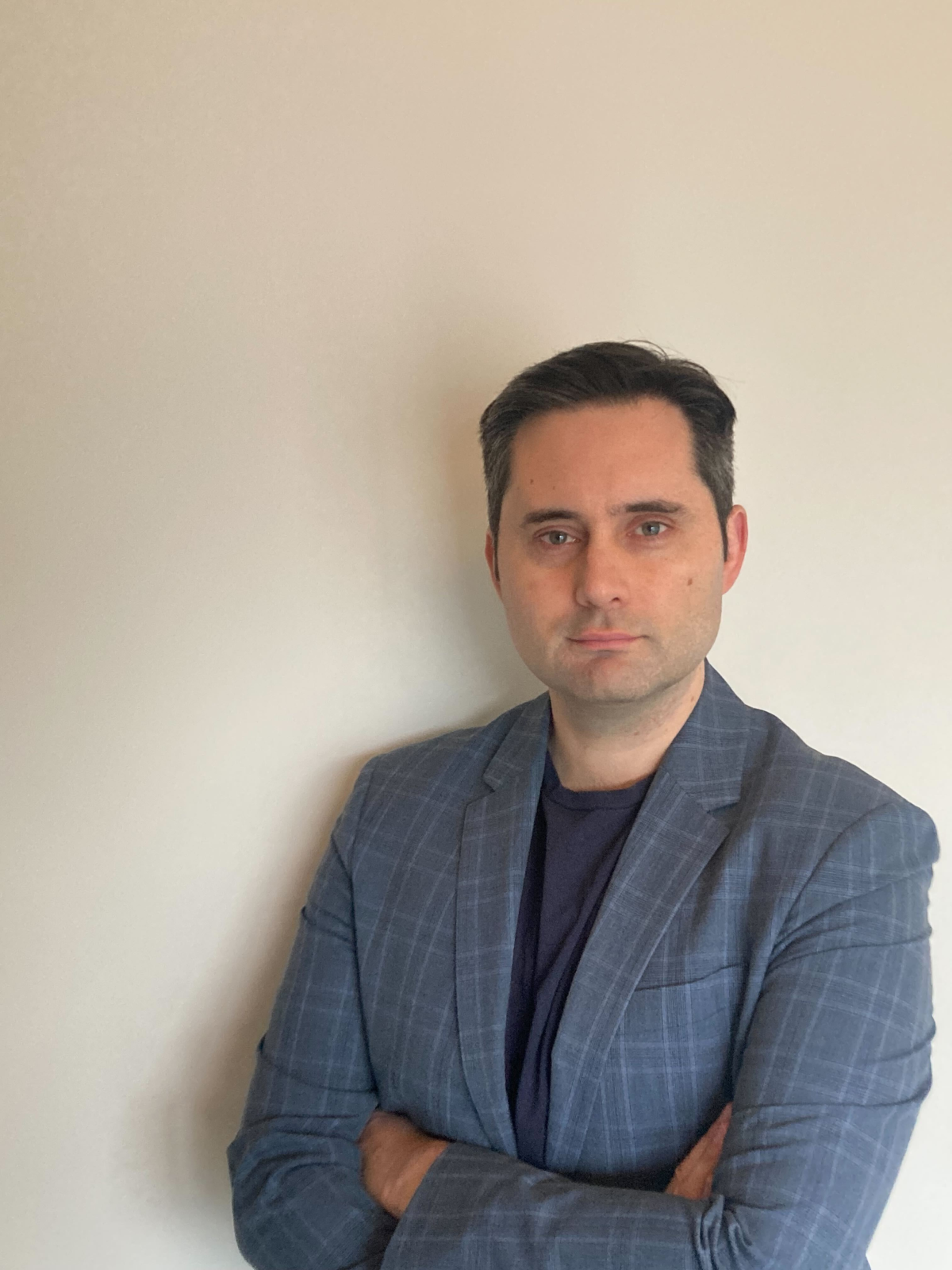CLEW Masterclass: How to report on the construction sector’s hidden climate impact
Buildings begin polluting long before they are put to use and continue to do so when they have to be torn down. In fact, by 2050, constructing buildings is estimated to have the same climate warming impact as inhabiting them. These hidden emissions — known as embodied or grey emissions — are pushed into the spotlight as heating and cooling buildings falls closer in line with climate targets.
The challenges, and benefits, to making construction climate-friendly are threefold: the sector will need to find ways to reduce emissions, resource use, and waste. Reimagining construction practices, introducing circular economy principles, and decarbonising materials will all play a role. However, socioeconomic and cultural aspects will also need to feature in the discussion to achieve true sustainability. There are materials, technologies and new approaches to make buildings truly climate friendly, but often old habits get in the way of progress.
To reach climate neutrality, the climate and environmental impacts of construction deserve more attention in the public discourse. This masterclass follows CLEW's deep dive into embodied emissions, including analyses, interviews and a factsheet. During the hour-long session, journalists will learn about:
- Why it's important to address construction when reporting on the buildings' sector
- The state of play and where EU legislation stands
- What the most promising solutions are
- Lessons learnt from reporting on construction, underreported topics and future story leads
- Who valuable contacts are
We hope this format fosters a conversation between peers, and we actively encourage journalists to share their own experience. This session will not be recorded and statements are off the record.
AGENDA
|
16.00 - 16.05 |
Welcome and opening remarks By Carolina Kyllmann, CLEW |
|
16.05 - 16.15 |
Re-imagining the construction sector, why embodied emissions matter By Emanuel Lucke, architects4future |
|
16.15 - 16.25 |
Lessons from writing the analysis "Reused and recycled buildings challenge wasteful construction status quo" By Sean Carroll, FORESIGHT |
|
16.25 - 16.35 |
Lessons from writing the factsheet "What are the best materials for sustainable construction and renovation?" By Carolina Kyllmann, CLEW |
|
16.35 - 17.00 |
Q&A; Open Discussion |
SPEAKERS
Emanuel Lucke is an architect and board advisor of the activism-network architects4future (a4f), were he supports the social advocacy group ECI HouseEurope.eu. He has worked for several offices, the Berlin Chamber of Architects and the global start up and think-tank Bauhaus Earth, as well as the New European Bauhaus Academy. He specialises on advocacy, digitalisation and sustainability.
Sean Carroll is the Cities & Buildings editor at FORESIGHT Climate and Energy. He has spent over a decade writing about urban sustainability and climate policy in Europe. Sean holds a master’s degree in Journalism and Media in Europe and has extensive journalistic experience from newsrooms in Dublin and Brussels. He and Carolina co-author the dossier's article on circular construction practices.
Carolina Kyllmann is a staff Correspondent for Clean Energy Wire and specialises in the construction sector, grids and adaptation to climate change. She led CLEW's dossier on the construction sector's struggle to go from big polluter to carbon hero. Carolina holds a degree in Journalism Studies from the University of Sheffield.
FREQUENTLY ASKED QUESTIONS
Please click on the red "Sign up"-Button and fill in the necessary information. Remember to confirm your sign up via the automatic email you receive from us (it could land in your spam folder).
Signing up is possible until 2 hours prior to the web event.
No, the web-event will be off the record.
No, the event won't be recorded.
The web-event language is English.
Sound quality is greatly improved by using headsets with a microphone. It is recommended that all active participants equip themselves accordingly (smartphone headsets are sufficient).




